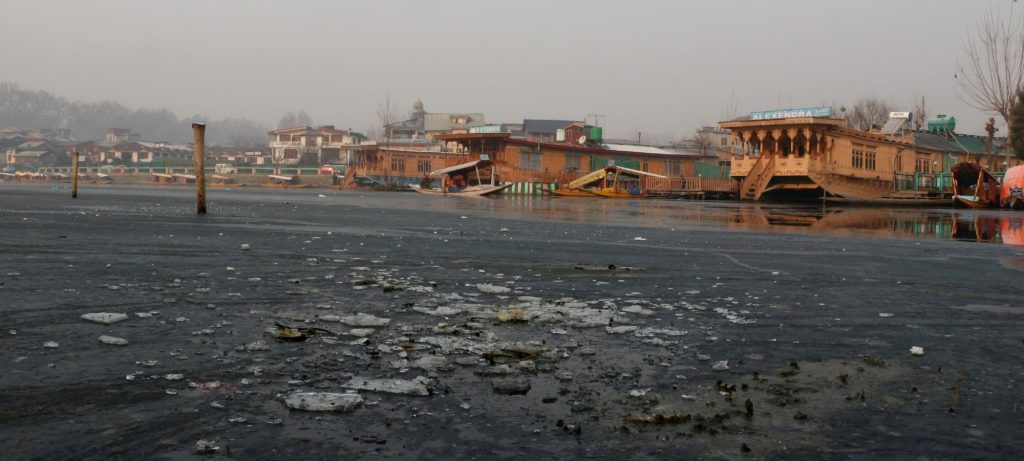New Delhi (Agency):In a significant session at the Supreme Court, Senior Advocate Rajeev Dhavan stated on Wednesday that the Maharaja of Jammu and Kashmir maintained its internal sovereignty, even when Article 370 acted as a standstill agreement. He elaborated that while the Instrument of Accession to the Indian Union impacted the state’s external authority, its internal power remained untouched.
Highlighting India’s rich diversity, Dhavan emphasized, “India has the greatest diversity in the world.” He described the Indian Constitution as one that represents “a civilisation with many nations and many cultures.” He added, “A diversity that is to be treasured cannot be wished away in the name of uniformity.” Making his stand clear on Jammu and Kashmir’s special status, he stated, “The Indian Constitution is multi-symmetrical- of which Jammu and Kashmir is a part.”
Dhavan pointed out the limitations on the Union Parliament during President’s rule. He explained that while the Parliament can make laws, it can’t change things like state boundaries. Furthermore, he argued that specific rules, including Articles 3, 4, and 370, which require state legislature’s consent, cannot be applied during an emergency declared under Article 356 of the Constitution. He said, “The conditionality is specific to the legislature of the State…. neither the Parliament nor the President can substitute them.”
The advocate also drew attention to Article 370, mentioning its importance in preserving federalism, an essential tenet of the Constitution. Referring to recent judgments, Dhavan emphasized that the autonomy of states is crucial.
Following Dhavan, Senior Advocate Dushyant Dave presented his views, terming the nullification of Article 370 as a “fraud” on the Constitution. He expressed concern over the Centre’s decision to split the state into two Union Territories, speculating its potential implications on the nation’s future.
Dave pointed out, “We have insurgency in so many states in North East India. We had an insurgency in Punjab for a long time.” He cautioned against turning states into Union Territories, suggesting that doing so could destabilize the nation.
Recounting the Bharatiya Janata Party’s 2019 Lok Sabha poll manifesto, Dave mentioned their pledge to “abrogate (Article) 370.” He argued that leveraging constitutional powers for political goals could be detrimental, asserting that doing away with Article 370 could challenge fundamental constitutional values, including democracy and federalism.
This critical debate took place before a Constitution Bench led by CJI DY Chandrachud, who, along with Justices Sanjay Kishan Kaul, Sanjiv Khanna, B.R. Gavai, and Surya Kant, is examining several pleas regarding the removal of Article 370 since August 02. The hearing will proceed with more arguments from the petitioners in the following session.
